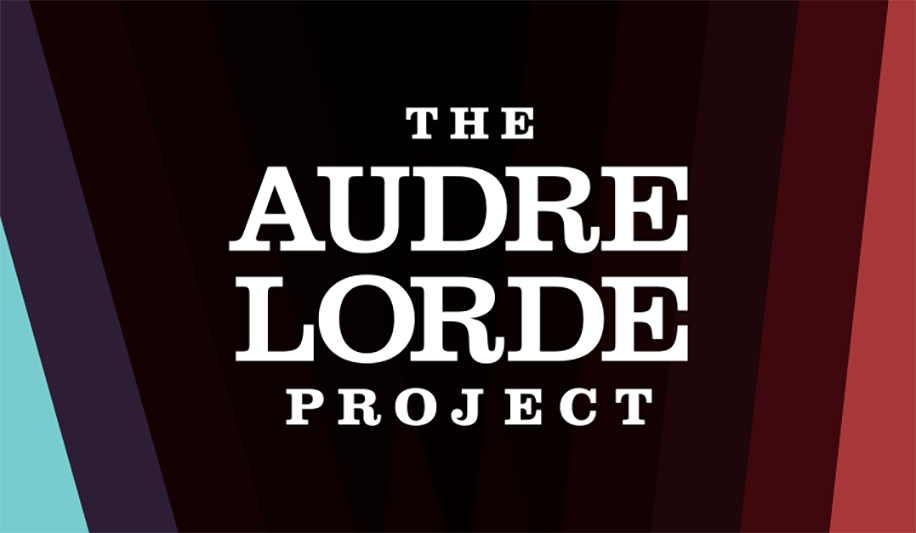This month, ALP welcomed a new member of our team — Meejin Richart, a longtime member who will be supporting us with administrative responsibilities like researching more cost-effective staff benefits. In this interview between Meejin and Janhavi, the conversation covers some memories of the Audre Lorde Project in regard to bringing together people of color from a spectrum of origins into safe spaces for community building, and how this aspect of our organizing informs the work ahead of us here.
Interview with Meejin
Janhavi: Welcome to ALP Meejin. Can you tell me about what your favorite memory of participating with ALP was?
Meejin: Yeah, I want to say, I have a lot of positive memories with the organization, and one that I remember pretty distinctly is drumming with a bunch of traditional Korean drummers. We do a practice called “pungmul” and at the first Bed Stuy Pride in 2014 or 2013, and it was led by the Safe Outside the System Coordinator, it was a really beautiful gathering. It was Small and mighty, but had a lot of heart. That felt really special to me, especially to do it in Bed Stuy and I remember we decided to come to the amphitheater drumming through to the crowd to the stage, and as a queer and trans API identified group, it felt powerful to me.
My most favorite memory though, ALP was doing something in the commons in downtown Brooklyn. ALP was doing a cute collaboration with FIERCE and a bunch of folks who were in the building. It was a healing space, where they invited drummers to come. I brought my group, who hadn’t been in ALP space before, and we did practice in a circle of QTPOC’s who were somewhat involved with the Korean drumming, but most of them were ALP affiliated. We taught them drum beat rhythms, and we did one beat that I love, which is the heart beat rhythm. And I remember afterwards people were thanking us and asking us to come back and do more. I think there was a very special thing that happened in that space and I’m just really grateful for the existence of the organization because without it, that wouldn’t have been possible. To bring my world’s together. It’s really important.
Janhavi: It’s a huge deal. It’s a very unique experience for queer people of color in this city to have access to this organization, for real
Meejin: Well, and I also think that there’s an understanding between QTPOC’s about what the drumming means. It’s not just an art form or a form of entertainment. It’s really a spiritual connection, and I think there are very few people who can fully understand that and be able to share that. To be able to share that with QTPOC community outside of Korean queer community was really important
Janhavi: You got to be all of your selves at the same time. It’s special. ALP does that. I have one other question for you. What are your hopes for ALP?
Meejin: My hope is that the organization continues. I think it’s a really great training ground for young queer and trans people of color who are looking for community. Our TransJustice program is a really powerful support resource, and you know the fact that who you see in the membership is who the organization really serves. Folks come and they stay, and that says a lot about the organization. I hope that maintaining membership in the way that the TJ program does, and also creating space for people to come together to heal and grow and learn. Whether someone just comes by for one event, or comes every year for every event that the organization does, those are moments when folks are able to feel engaged and are part of community. I think that the fact that ALP creates that space is so important and I hope that continues.
Me: Awesome. I hope that was painless. Thank you Meejin!
